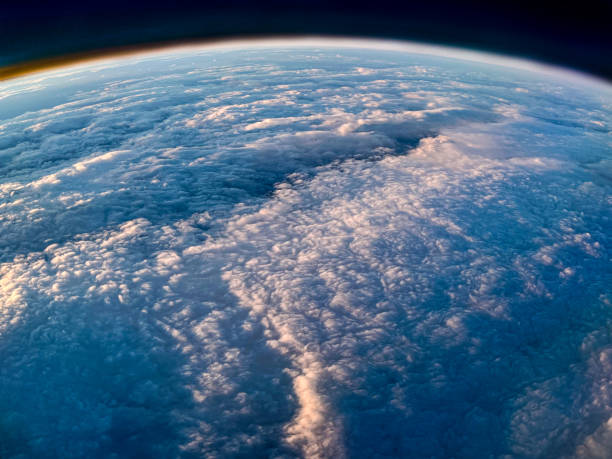The Gaia Theory

The Gaia Theory

James Lovelock, an innovative British environmental scientist, proposed the Gaia theory. It suggests that living organisms on Earth are not just products of their environment, but actively shape and maintain it.
Key Points
-
Earth's Self-Regulation: The Earth maintains stable surface temperatures and atmospheric composition over long periods. For example, plants produce oxygen through photosynthesis, while animals produce carbon dioxide through respiration, creating a balance that sustains life on Earth.
-
Co-evolution of Life and Environment: The theory posits that life forms and their environment evolve together. Organisms adapt to environmental changes but also influence the Earth's environment, leading to further evolution.
-
Ecosystem Interdependence: Various organisms in ecosystems depend on each other through food chains and nutrient cycles. These complex interactions create and maintain diverse environments that support life on Earth.
-
Human Impact: Human activities can potentially disrupt Earth's self-regulating functions. Issues like pollution and climate change highlight the need to reconsider our relationship with the natural environment.
Examples of Gaia Theory in Action
-
Plants absorb carbon dioxide and release oxygen, regulating atmospheric composition.
-
Seaweed maintains oxygen levels in oceans.
-
Microorganisms form soil by breaking down rocks.
-
Earth's ability to recover after deforestation through natural reforestation.
Historical Impact
Initially viewed as controversial, the Gaia theory has influenced the development of Earth system science, biogeochemistry, and systems ecology. It has also impacted fields beyond science, including philosophy, religion, art, and economics, encouraging a holistic view of Earth as a living system.
Relation to Sustainable Development
The theory aligns with several Sustainable Development Goals (SDGs), particularly those related to climate action, life below water, and life on land. It emphasizes the importance of maintaining Earth's ecological balance for sustainable human development.
In conclusion, while the Gaia theory is not universally accepted in scientific circles, it provides a valuable perspective on Earth's systems and our role within them. It encourages us to consider the global impact of our actions and fosters a sense of responsibility towards our planet
James Lovelock, originator of Gaia theory, inventor of the electron capture detector (which made possible the detection of CFCs and other atmospheric nano-pollutants) and of the microwave oven.
https://www.jameslovelock.org/

Is there scientific evidence for the Gaia Theory?
The Gaia Theory proposes that Earth functions as a self-regulating system, integrating observations from biology, meteorology, geology, and other scientific fields.
For example, it explains phenomena such as the stability of atmospheric oxygen levels and the mechanisms maintaining ocean salinity. These observations suggest that life actively interacts with Earth’s physical systems to sustain habitable conditions. However, the theory does not fully explain Earth’s complex systems, and scientific debates about its mechanisms remain ongoing.
What is humanity’s role in the Gaia Theory?
Humans are considered part of Earth’s living system. While human activities undeniably impact the environment, these effects are not always beneficial. Supporters of the theory emphasize the need for sustainable coexistence with Earth, urging awareness of how human actions disrupt ecological balance (e.g., rising CO₂ levels).
Why is it sometimes viewed as spiritual?
The idea of Earth as a single living organism resonates with spiritual and philosophical traditions that revere nature. Though the theory’s founders, James Lovelock and Lynn Margulis, framed it scientifically, the metaphor of a “living Earth” has been adopted by spiritual movements, blending science with eco-theology.
How does Gaia Theory relate to us?
The theory reminds us that we are interconnected with Earth’s systems. Daily choices—like resource use and waste management—cumulatively affect global ecosystems. It encourages environmental stewardship and reflection on humanity’s role in maintaining planetary health.
Japan’s connection to Gaia Theory
Japan’s cultural emphasis on harmony with nature aligns with Gaia principles. Many Japanese scientists contribute to Earth system research, while environmental initiatives nationwide reflect the theory’s call for sustainability.